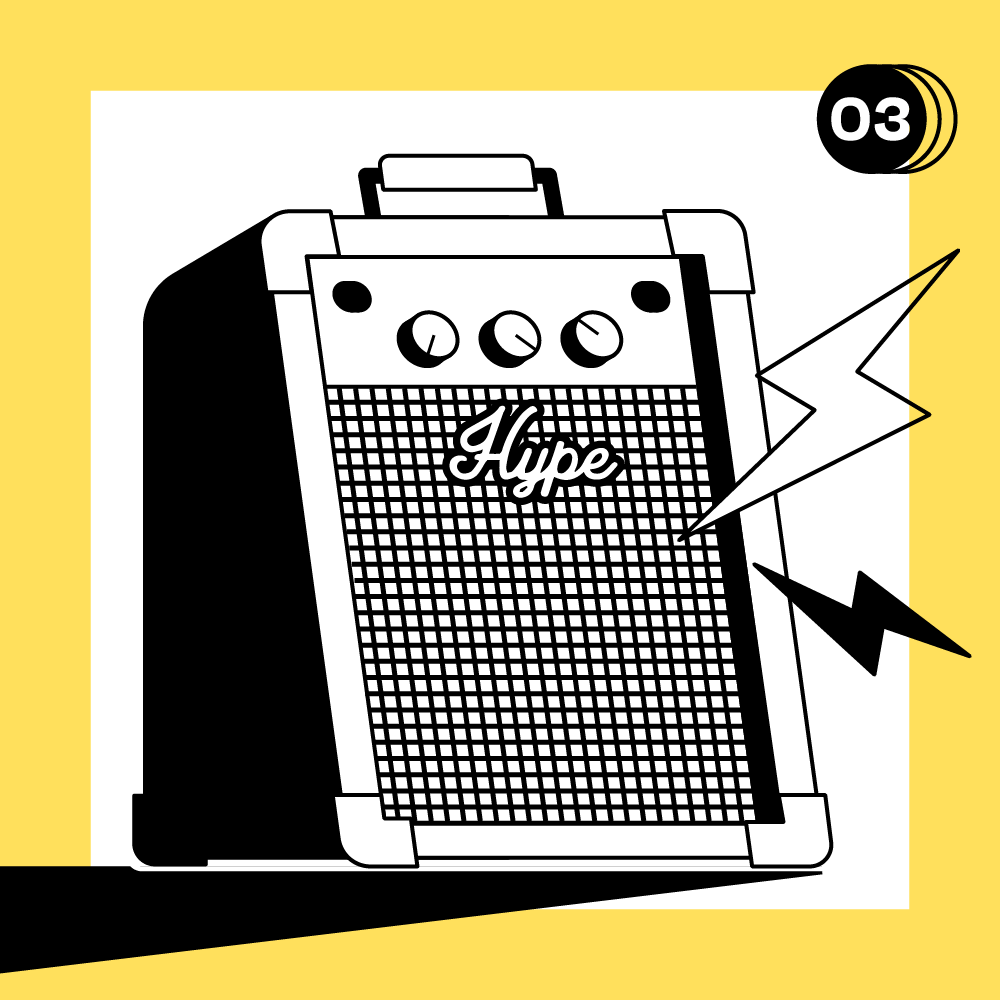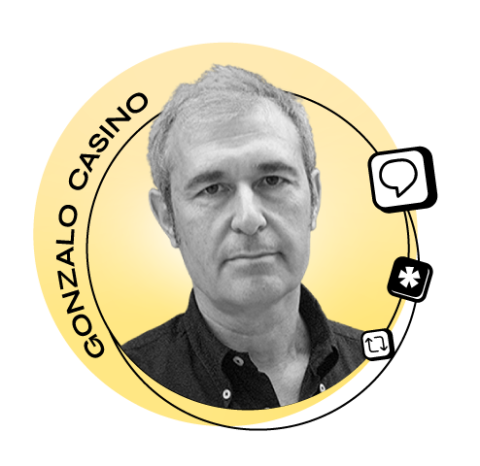Autopsia de una exageración
Compraventa y consumo de la ciencia mediática
Del laboratorio al paper. Del paper a la nota de prensa. De la nota de prensa al artículo periodístico. En el teléfono escacharrado de la comunicación científica, cada vez que se vuelve a contar una investigación, surge la posibilidad de introducir imprecisiones que terminan en las conversaciones de sobremesa y las redes sociales. Así, muchas noticias de ciencia y salud llegan al público no especialista con exageraciones que distorsionan su visión de la investigación y de la medicina: inferencias de causalidad desde estudios observacionales, expectativas de tratamiento a partir de ensayos en ratones, consejos para pacientes sin evidencias que los apoyen…
En este evento, analizamos esta variante de la manipulación informativa: la que generamos —normalmente sin malicia— quienes nos dedicamos a la comunicación científica, desde los centros de investigación, las revistas académicas, los gabinetes de prensa, las universidades y las redacciones de medios. ¿Cómo se genera y se descontrola este bombo informativo? Y, lo más importante: ¿cómo lo frenamos?

Vídeo del evento
Vuelve a la retransmisión de YouTube para no perderte nada
En esta entrega del Journal Club analizamos cómo se origina la exageración informativa en las noticias científicas y de salud, cómo se descontrola y, aún más importante, lo que podemos hacer para frenarla.
Podcast del evento
Escucha todo el contenido en formato para llevar.
El artículo
Un ensayo aleatorizado para seguir el rastro de los errores divulgativos
Adams, R.C., Challenger, A., Bratton, L. et al. (2019). Claims of causality in health news: a randomised trial. BMC Medicine, 17(1), 1-11.

Adams, R.C., Challenger, A., Bratton, L. et al. (2019). Claims of causality in health news: a randomised trial. BMC Medicine, 17(1), 1-11.
Ponente/s
Doctor en medicina con posgrados en edición y bioestadística. Es responsable de Transferencia del Conocimiento del Centro Cochrane Iberoamericano, donde dirige su Unidad de Cultura Científica, y profesor de periodismo científico e investigador en la Universidad Pompeu Fabra. Ha trabajado como periodista científico durante 25 años, principalmente en El País, donde ha sido coordinador de las páginas de salud durante una década.

Información complementaria
Porque un paper es solo un paper
The association between exaggeration in health related science news and academic press releases: retrospective observational study.
Sumner, P., Vivian-Griffiths, S., Boivin, J., Williams, A., Venetis, C. A., Davies, A., ... & Chambers, C. D. (2014). The association between exaggeration in health related science news and academic press releases: retrospective observational study. British Medical Journal, 349.
What’s not in the news headlines or titles of Alzheimer disease articles? #InMice.
Triunfol, M., & Gouveia, F. C. (2021). What’s not in the news headlines or titles of Alzheimer disease articles? #InMice. PLOS Biology, 19(6), e3001260.
Three randomized controlled trials evaluating the impact of “spin” in health news stories reporting studies of pharmacologic treatments on patients’/caregivers’ interpretation of treatment benefit.
Boutron, I., Haneef, R., Yavchitz, A., Baron, G., Novack, J., Oransky, I., ... & Ravaud, P. (2019). Three randomized controlled trials evaluating the impact of “spin” in health news stories reporting studies of pharmacologic treatments on patients’/caregivers’ interpretation of treatment benefit. BMC Medicine, 17(1), 1-10.
The association between exaggeration in health related science news and academic press releases: retrospective observational study.
Sumner, P., Vivian-Griffiths, S., Boivin, J., Williams, A., Venetis, C. A., Davies, A., ... & Chambers, C. D. (2014). The association between exaggeration in health related science news and academic press releases: retrospective observational study. British Medical Journal, 349.
What’s not in the news headlines or titles of Alzheimer disease articles? #InMice.
Triunfol, M., & Gouveia, F. C. (2021). What’s not in the news headlines or titles of Alzheimer disease articles? #InMice. PLOS Biology, 19(6), e3001260.
Three randomized controlled trials evaluating the impact of “spin” in health news stories reporting studies of pharmacologic treatments on patients’/caregivers’ interpretation of treatment benefit.
Boutron, I., Haneef, R., Yavchitz, A., Baron, G., Novack, J., Oransky, I., ... & Ravaud, P. (2019). Three randomized controlled trials evaluating the impact of “spin” in health news stories reporting studies of pharmacologic treatments on patients’/caregivers’ interpretation of treatment benefit. BMC Medicine, 17(1), 1-10.
The association between exaggeration in health related science news and academic press releases: retrospective observational study.
Sumner, P., Vivian-Griffiths, S., Boivin, J., Williams, A., Venetis, C. A., Davies, A., ... & Chambers, C. D. (2014). The association between exaggeration in health related science news and academic press releases: retrospective observational study. British Medical Journal, 349.
What’s not in the news headlines or titles of Alzheimer disease articles? #InMice.
Triunfol, M., & Gouveia, F. C. (2021). What’s not in the news headlines or titles of Alzheimer disease articles? #InMice. PLOS Biology, 19(6), e3001260.
Three randomized controlled trials evaluating the impact of “spin” in health news stories reporting studies of pharmacologic treatments on patients’/caregivers’ interpretation of treatment benefit.
Boutron, I., Haneef, R., Yavchitz, A., Baron, G., Novack, J., Oransky, I., ... & Ravaud, P. (2019). Three randomized controlled trials evaluating the impact of “spin” in health news stories reporting studies of pharmacologic treatments on patients’/caregivers’ interpretation of treatment benefit. BMC Medicine, 17(1), 1-10.